Project Description
Management
Management
Management
Enter the word values in any search engine and you will be bombarded with many examples of what values represent both for business and for an individual. The largest number were identified was 190 brilliant (no less) examples company values. The important thing to consider when identifying the company values are what perception do you wish to deliver to the business community in which you are working? Start with you and your team’s personal values which may include some or all of the following: Courage, humility, confidence, focus, honesty and self-respect. These can then be delivered and integrated into the business values that need communicating both internally and externally outside of your organisation:
- Discipline
- Accountability
- Value driven
- Integrity
- Diligence
The extremely important thing to remember is whatever values are promoted (and always think David when thinking values) they need to be delivered and to be seen to be delivered.
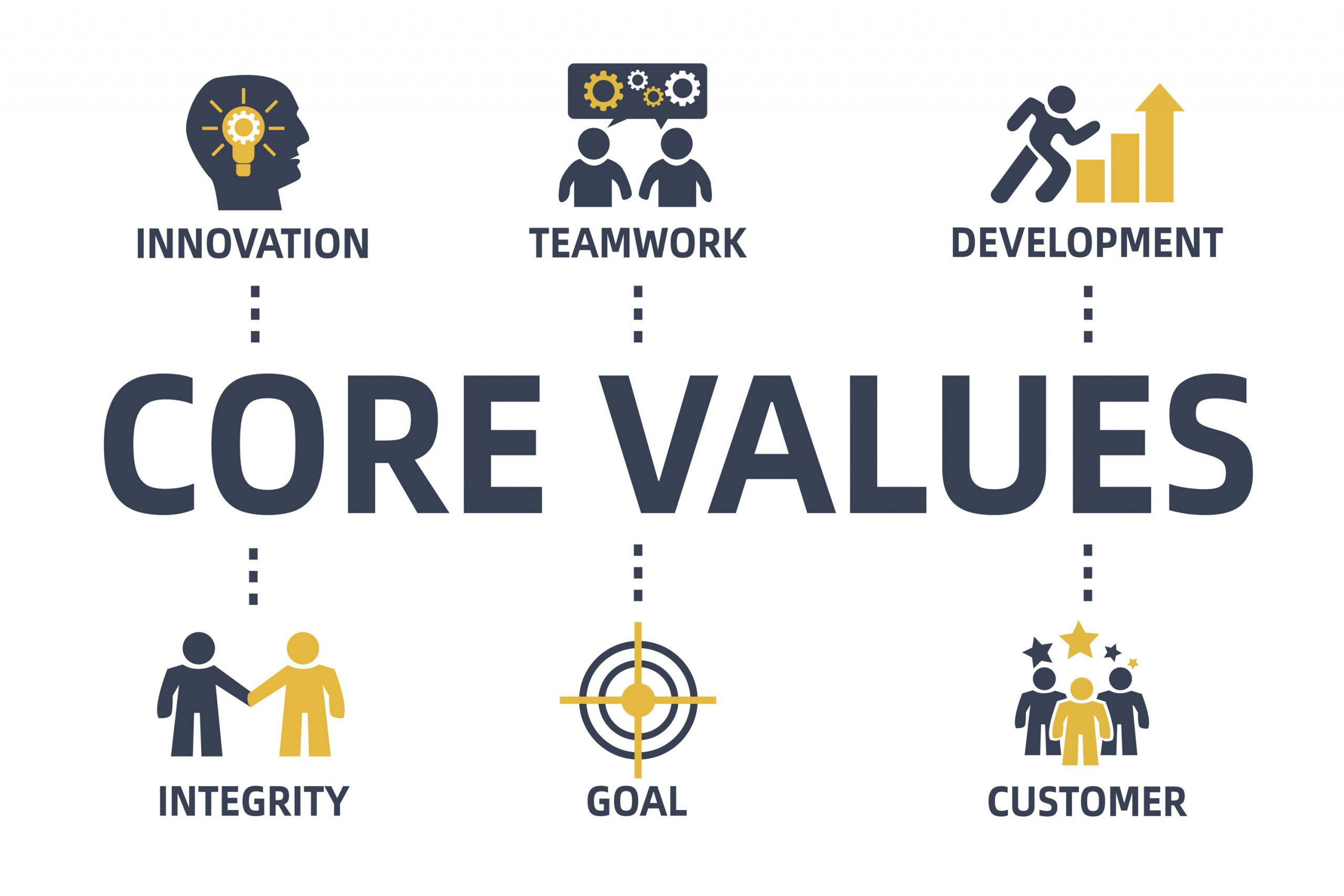
As with values, detailed above, the business world is awash with extensive theories regarding what is good leadership, what are the different types of leadership and what does leadership mean to your business and to your teams? Leadership is the ability to motivate and to inspire others. Leaders have vision and which is effectively communicated. They tend to be personable, such that everyone follows their orders and instructions, which should be based upon critical thinking. The leader tends to work independently and be an innovation inspiration. The four types of leaders that are usually referred to include:
- Autocratic or authoritarian
- Democratic or participative
- Laissez faire or free rein
- Paternalistic
Which one are you?

Planning is undertaken by everyone at all times and in all circumstances and situations. Anyone who does not need to plan must be very fortunate. Planning for construction incorporates a high number of requirements which include:
- Strategic business planning
- Tender planning
- Marketing and business development planning
- Design programmes
- Procurement programmes
- Information release plans…………………
………….and we haven’t yet started on site, when at least eight different programmes will be utilised ranging from the contract and target programmes, resource histogramme, critical path analysis, cash flow programme, short-term programme, weekly programme, and a handover programme. As the contract enters the defects liability period a maintenance programme will then be required.
Planning is potentially the key priority in all of the elements within the construction process.
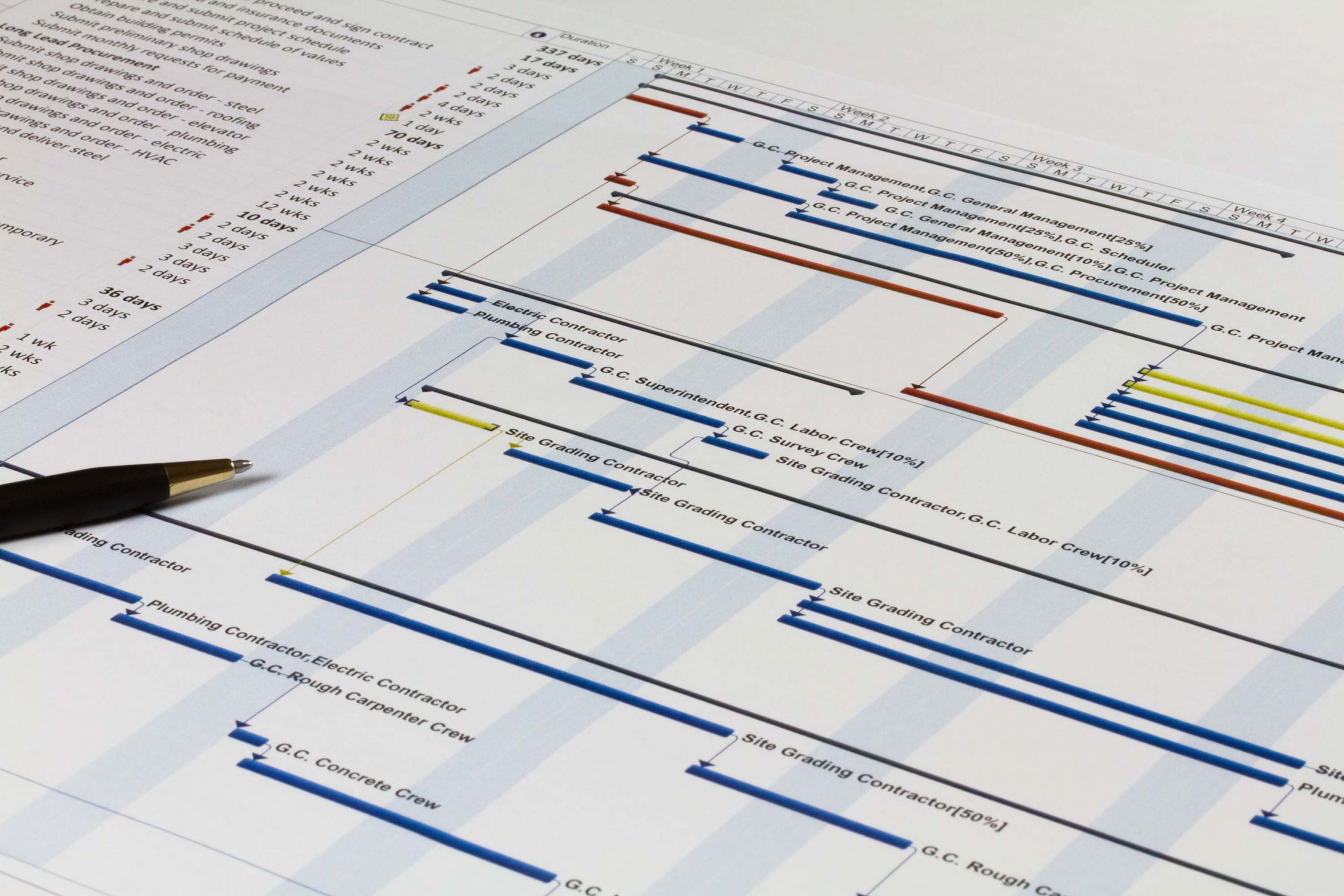
Does innovation mean different things to different sizes of businesses in construction? Yes and no. The issue is that everything is relative although the key drivers for any construction business whether multinationals or SMEs are the same. They include but are not limited to:
- Cost efficiency
- Time
- Quality
- Health and Safety
- Technology
- Sustainability
- End-users
- Competitors
- Client demands
It is incumbent on all construction businesses to drive innovation to provide a competitive advantage for their organisation.

Enter the word values in any search engine and you will be bombarded with many examples of what values represent both for business and for an individual. The largest number were identified was 190 brilliant (no less) examples company values. The important thing to consider when identifying the company values are what perception do you wish to deliver to the business community in which you are working? Start with you and your team’s personal values which may include some or all of the following: Courage, humility, confidence, focus, honesty and self-respect. These can then be delivered and integrated into the business values that need communicating both internally and externally outside of your organisation:
- Discipline
- Accountability
- Value driven
- Integrity
- Diligence
The extremely important thing to remember is whatever values are promoted (and always think David when thinking values) they need to be delivered and to be seen to be delivered.
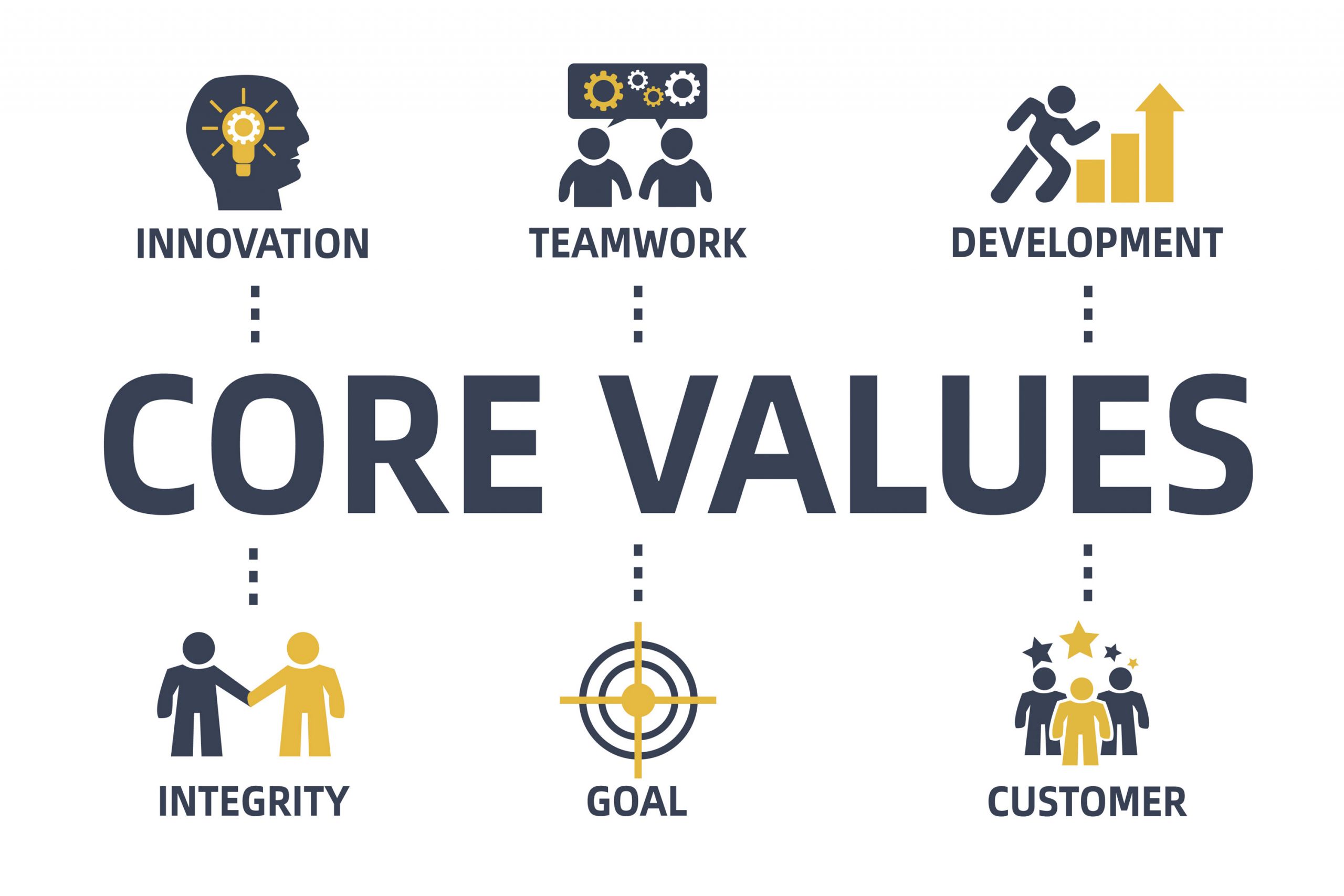
As with values, detailed above, the business world is awash with extensive theories regarding what is good leadership, what are the different types of leadership and what does leadership mean to your business and to your teams? Leadership is the ability to motivate and to inspire others. Leaders have vision and which is effectively communicated. They tend to be personable, such that everyone follows their orders and instructions, which should be based upon critical thinking. The leader tends to work independently and be an innovation inspiration. The four types of leaders that are usually referred to include:
- Autocratic or authoritarian
- Democratic or participative
- Laissez faire or free rein
- Paternalistic
Which one are you?

Planning is undertaken by everyone at all times and in all circumstances and situations. Anyone who does not need to plan must be very fortunate. Planning for construction incorporates a high number of requirements which include:
- Strategic business planning
- Tender planning
- Marketing and business development planning
- Design programmes
- Procurement programmes
- Information release plans…………………
………….and we haven’t yet started on site, when at least eight different programmes will be utilised ranging from the contract and target programmes, resource histogramme, critical path analysis, cash flow programme, short-term programme, weekly programme, and a handover programme. As the contract enters the defects liability period a maintenance programme will then be required.
Planning is potentially the key priority in all of the elements within the construction process.
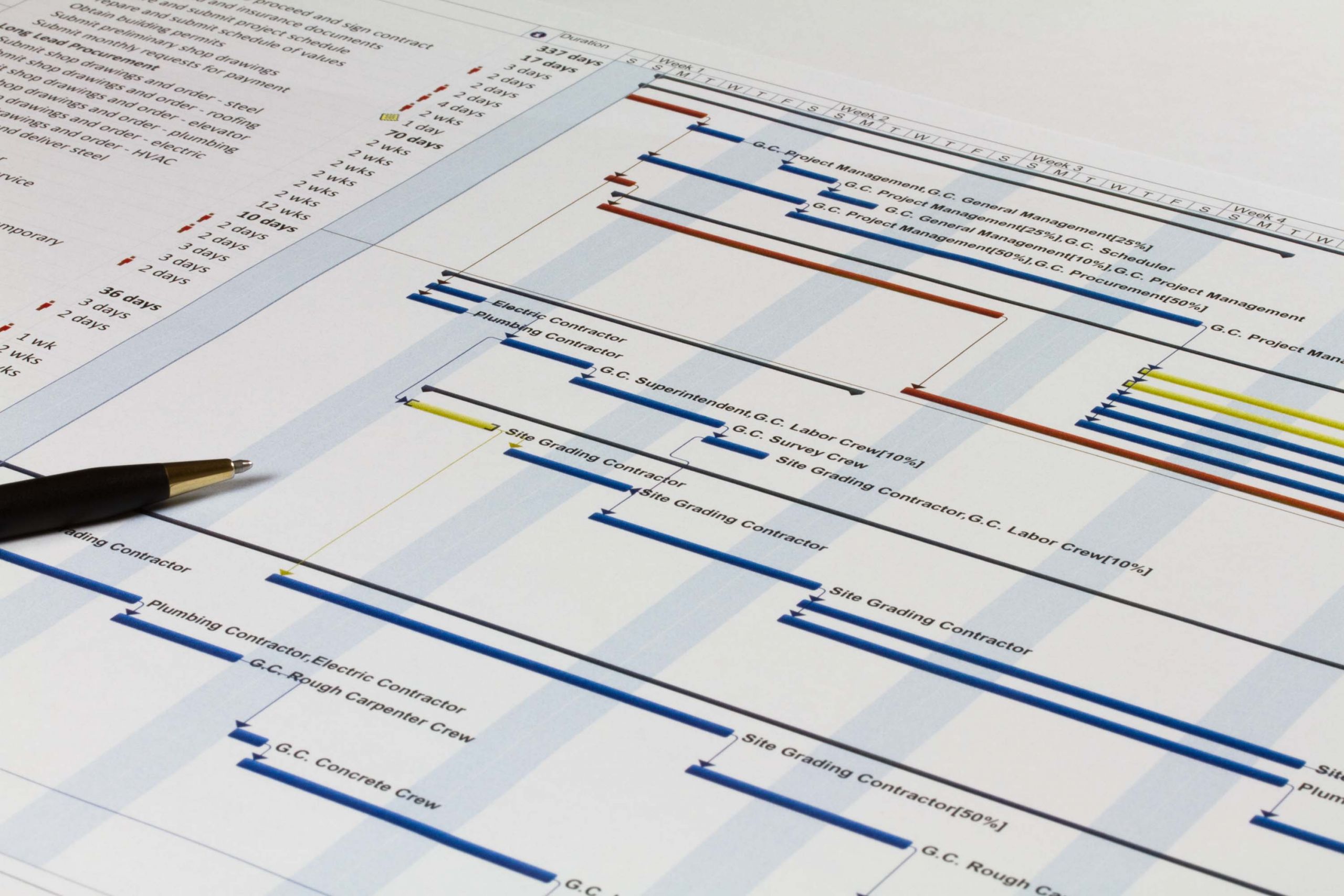
Does innovation mean different things to different sizes of businesses in construction? Yes and no. The issue is that everything is relative although the key drivers for any construction business whether multinationals or SMEs are the same. They include but are not limited to:
- Cost efficiency
- Time
- Quality
- Health and Safety
- Technology
- Sustainability
- End-users
- Competitors
- Client demands
It is incumbent on all construction businesses to drive innovation to provide a competitive advantage for their organisation.

Enter the word values in any search engine and you will be bombarded with many examples of what values represent both for business and for an individual. The largest number were identified was 190 brilliant (no less) examples company values. The important thing to consider when identifying the company values are what perception do you wish to deliver to the business community in which you are working? Start with you and your team’s personal values which may include some or all of the following: Courage, humility, confidence, focus, honesty and self-respect. These can then be delivered and integrated into the business values that need communicating both internally and externally outside of your organisation:
- Discipline
- Accountability
- Value driven
- Integrity
- Diligence
The extremely important thing to remember is whatever values are promoted (and always think David when thinking values) they need to be delivered and to be seen to be delivered.

- Autocratic or authoritarian
- Democratic or participative
- Laissez faire or free rein
- Paternalistic
Which one are you?

- Strategic business planning
- Tender planning
- Marketing and business development planning
- Design programmes
- Procurement programmes
- Information release plans…………………
………….and we haven’t yet started on site, when at least eight different programmes will be utilised ranging from the contract and target programmes, resource histogramme, critical path analysis, cash flow programme, short-term programme, weekly programme, and a handover programme. As the contract enters the defects liability period a maintenance programme will then be required.
Planning is potentially the key priority in all of the elements within the construction process.

- Cost efficiency
- Time
- Quality
- Health and Safety
- Technology
- Sustainability
- End-users
- Competitors
- Client demands


